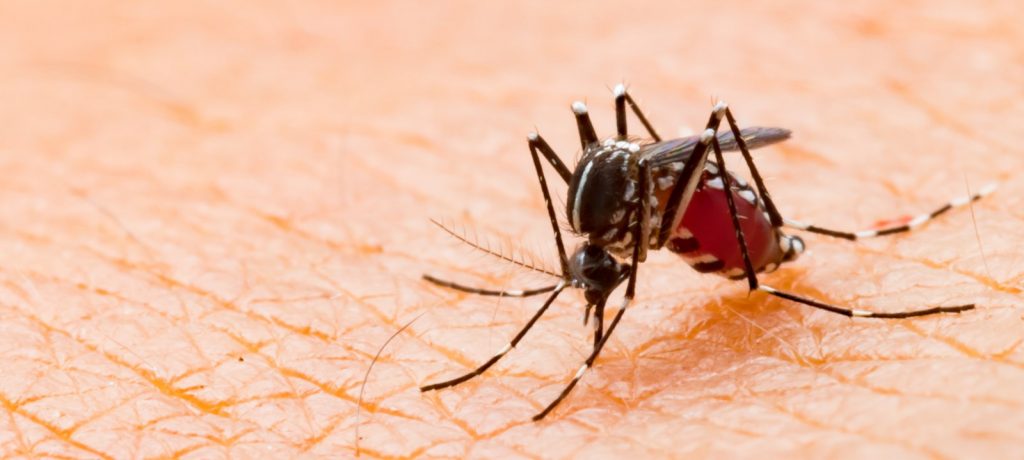Reference
The Asian Tiger Mosquito
The Asian Tiger. The Forest day mosquito. Aedes albopictus.
The Tiger mosquito has made it’s way to the UK with a first appearance in Kent in 2016. So far it hasn’t turned up in many other places, but with climate change and the huge increase in the movement of people and goods, it will almost certainly be making a wider appearance.
Should We Care?
We’re lucky in the UK. Although we do have mosquitoes of our own (there are 36 species native to our shores) we do not need to worry about mosquito-borne diseases. This is because we have eliminated those diseases over time, along with the mosquitoes that transmitted them. Believe it or not, Malaria and Yellow Fever (“ague”) used to be common in southern England, and were eradicated in the 19th century by draining much of the marshland favoured by the transmitting mosquitoes. So, neither the mosquitoes that carried those diseases, nor the diseases themselves, are around any more in the UK in high enough numbers to pose a threat.
Diseases like Dengue, Chikungunya, Malaria, Yellow Fever etc are not contagious through normal person-to-person contact. So if some unlucky traveller returns from a trip abroad having contracted one of those diseases, the rest of the population is safe.
However. The Asian Tiger is a known vector (transmitter) of Dengue and Chikungunya viruses, and it is a sturdy species. It can handle our climate and doesn’t need marshland to breed – it’s quite happy in the much smaller pockets of still water found in nooks and crannies of trees and plants. If it establishes itself in the UK it will be nearly impossible to eradicate. Unlike its Malaria-carrying cousins (Anopheles) which only bite at night, the Tiger enjoys a blood meal at any time of day.
Dengue and Chikungunya have turned up in Europe, and some locally-acquired cases have been reported in France in the last few years. So it seems that both the disease, and the mosquito vector, are headed our way. So yes, we should definitely care, but there is currently no risk to public health in the UK.
What’s Being Done?
Public Health England is keeping an eye on the Tiger via their Nationwide Mosquito Surveillance program. If you identify a Tiger (see below), you can send it to them for verification.

References and further reading:
GOV UK – Distinguishing Aedes albopictus
Nature article on Asian Tiger control in China
ECDC Aedes Albopictus
POST Briefing on Vector-Borne Diseases


